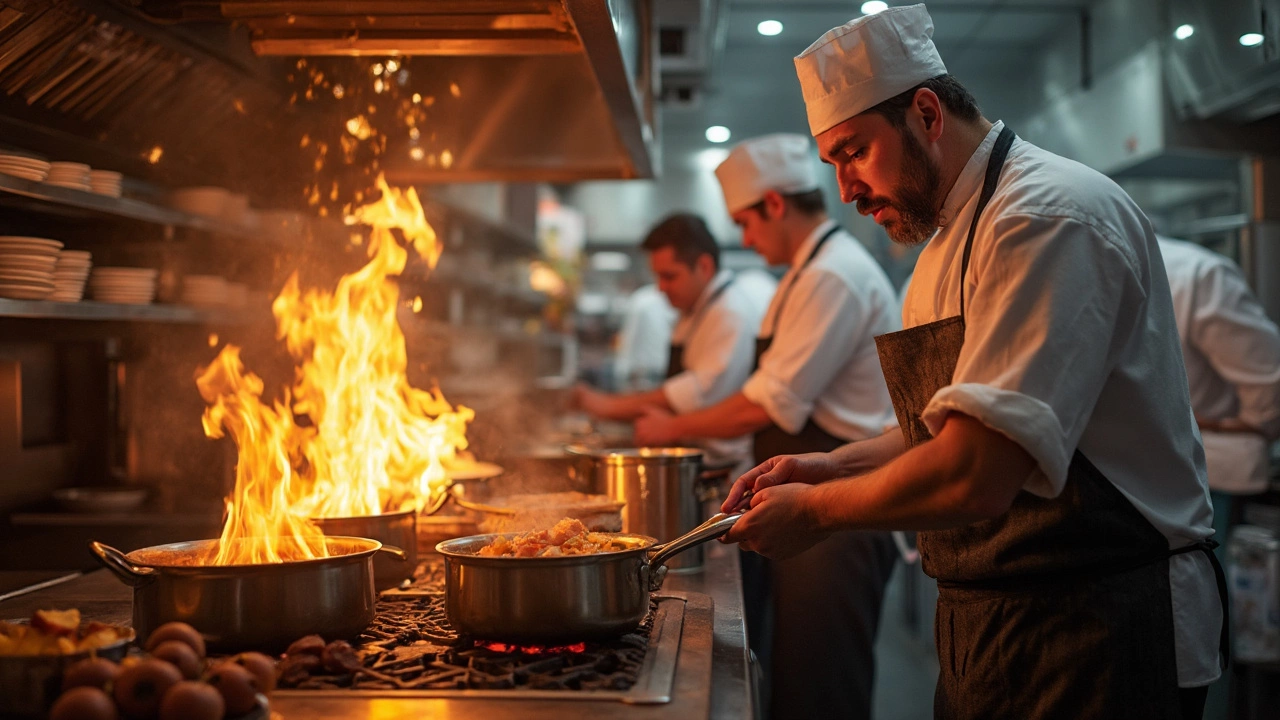Cooking Equipment: How to Keep Your Kitchen Running Smoothly
Ever wonder why a single broken hob can ruin dinner plans? Most cooking gear isn’t complicated, but a little neglect turns a simple stove into a headache. Below you’ll get practical steps to keep ovens, hobs, and extractors humming, plus advice on picking gear that lasts.
Regular maintenance beats emergency calls every time. A quick visual check before you start cooking can spot loose knobs, cracked seals, or dust‑clogged fans. Wiping surfaces, tightening screws and checking power cords takes under five minutes but saves weeks of downtime.
Start with the basics: unplug the appliance, remove any removable parts, and give everything a good clean. For ovens, pull out the racks and scrub away baked‑on grime – that reduces overheating. For extractors, a soft brush removes grease that can choke the motor. Once clean, reassemble and test on a low setting.
Common Problems & Quick Fixes
**Oven won’t heat** – Often the heating element is coated with food residue. After cooling, locate the element, unscrew it, and wipe it with a damp cloth. If the element looks cracked, replace it – a standard part costs under £30 and fits most mid‑size ovens.
**Hob burners flicker** – Check the burner caps for misalignment. A mis‑placed cap can cause uneven flames and safety shut‑offs. Realign or replace the cap; it’s usually a snap‑fit part.
**Extractor fan noisy** – A noisy fan usually means the motor needs cleaning. Remove the fan guard, vacuum out dust, and spin the blades by hand. If the motor still rattles, a local Glastonbury repair tech can replace the motor in under an hour.
Choosing the Right Equipment for Your Home
When you shop for new gear, focus on durability and serviceability. Stainless‑steel ovens resist rust and are easier to clean than enamel. Look for models with removable heat‑breakers – they make deep cleaning a breeze.
For hobs, induction offers fast heating and fewer moving parts, which means fewer things to break. If you love gas, pick a unit with sealed burners; they trap spills and reduce flare‑ups.
Don’t forget fan ratings. An extractor with a CFM (cubic feet per minute) rating that matches your kitchen size will clear steam efficiently without overworking the motor.
Finally, keep the warranty paperwork. Many manufacturers cover parts for three years, but only if you’ve logged regular maintenance. A quick call to Glastonbury Appliance Repair Services can confirm whether a repair is covered before you spend on a replacement.
Got a stuck oven, a stubborn hob, or a noisy fan? Our local technicians know every make that runs through Glastonbury. We’ll diagnose, fix, and give you maintenance tips on the spot – all at a price that won’t blow your budget. Call us today and keep your cooking equipment in top shape.

Why Don’t Chefs Use Pressure Cookers?
While pressure cookers are loved by many home cooks for their ability to speed up cooking times, they often don't find a place in professional kitchens. This article delves into reasons why chefs might steer clear of using pressure cookers, focusing on aspects like flavor development, control, and safety. It offers insights into what makes traditional cooking methods preferable in a fast-paced restaurant environment. Readers will discover useful tips for maintaining their pressure cookers, as well as learn about the experiences of professional chefs.